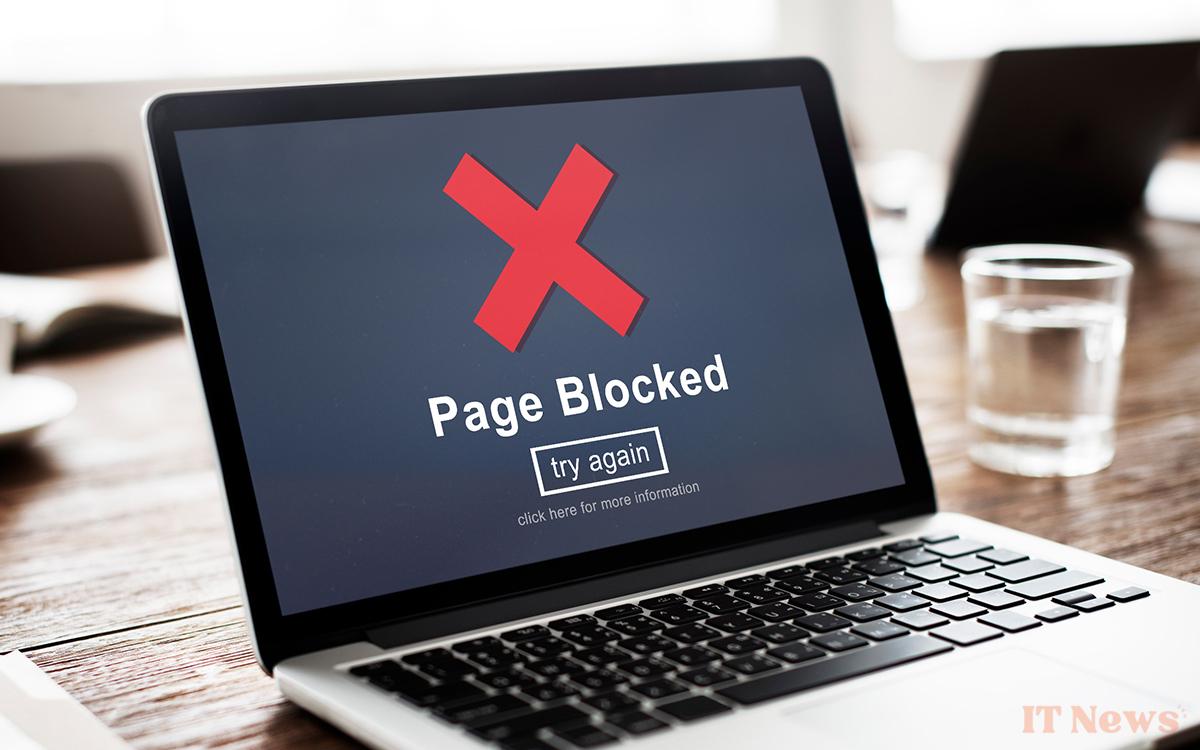A system for the massive and automatic blocking of pirate sites is expected to be implemented in France. But the fight against sports piracy risks causing collateral damage.
The fight against sports piracy may well have taken a turn in France. The Lafon bill was adopted by the Senate this week. This text plans to authorize rights holders to use a fully automated system to block pirate sites, without having to obtain prior approval from the Audiovisual and Digital Communication Regulatory Authority (Arcom).
Major sports players are already ready to implement a massive system to take advantage of the freedoms permitted by the new legislation. As reported by L'Informé, the Ligue de Football Professionnel (LFP) and the Association pour la protection des programmes sportifs (APPS), which brings together broadcasters such as Canal+, beIN Sports, and Eurosport, have already made moves to begin taking action as soon as the law comes into force.
ISPs will have a role to play; a secret agreement has already been sealed
Xavier Spender, representative of APPS, explained to the media that the objective is to take measures as drastic as in Spain, Italy, or the United Kingdom, but adapting them to the French context. He adds that the infrastructure that will be put in place should be able to block servers at the head of the network, that is, at the highest possible level of the pirate architecture, in order to prevent the cloning of pirate sites, which reappear under a new IP address very quickly after a manual block.
Also according to L'Informé, the broadcasters represented by APPS have already concluded a secret agreement in principle with the four major French internet service providers: Orange, SFR, Bouygues Telecom, and Free. Discussions between all the stakeholders have reportedly been underway since 2023, allowing time to decide on all the details of the project, both the technical (how to block pirate sites) and financial (how and who will pay for this ambitious system).
For the LFP, all this comes at the right time. The broadcasting agreement with DAZN has fallen through, and the league has decided to launch its own channel to broadcast Ligue 1. It has just launched a call for tenders for its production and distribution. Negotiations will inevitably be facilitated by the argument of this massive and automatic blocking system, even if we cannot presume its effectiveness for the moment.
The risk of overzealous blocking
“Arcom, the audiovisual regulator, does not work on weekends. In England, we are capable of blocking 10,000 links in two days, in Italy, it's 18,000. And Arcom does 5,000 per year. In other words, Italy achieves in a weekend what it takes Arcom three and a half years to do!”complained Brice Daumin, DAZN's French general manager, in the columns of Le Figaro at the beginning of the year. But with this new system, can legitimate sites fear becoming collateral damage?
EurolISPA, an association of European internet service providers, recently warned against the escalation in the blocking of pirate sites. It believes that the methods used are disproportionate and must be reviewed. “Despite numerous incidents of overblocking, some Member States continue to intensify their efforts and have therefore taken increasingly aggressive measures to extend blocking orders beyond local internet service providers,” the organization denounces.
In Spain, legitimate sites have been blocked during every La Liga weekend. On the other side of the Pyrenees, rights holders are targeting pirate sites by targeting Cloudflare IP addresses. But the system in place fails to distinguish between a service that should be blocked and one that shouldn't. Cloudflare went to court to make its voice heard, to no avail.
In Italy, too, the Anti-Piracy Shield tends to be overzealous. It blocked an IP address managed by Cloudflare and used by a pirate platform. Except that it was shared by a total of 42,243,794 sites, most of which had nothing to do with the schmilblick. A part of the Italian web thus collapsed.
In France, the expected infrastructure should take into account the risks of excessive blocking, but blunders can still occur. Rights holders would be responsible for their errors, but the consequences against them remain unclear to this day.




0 Comments